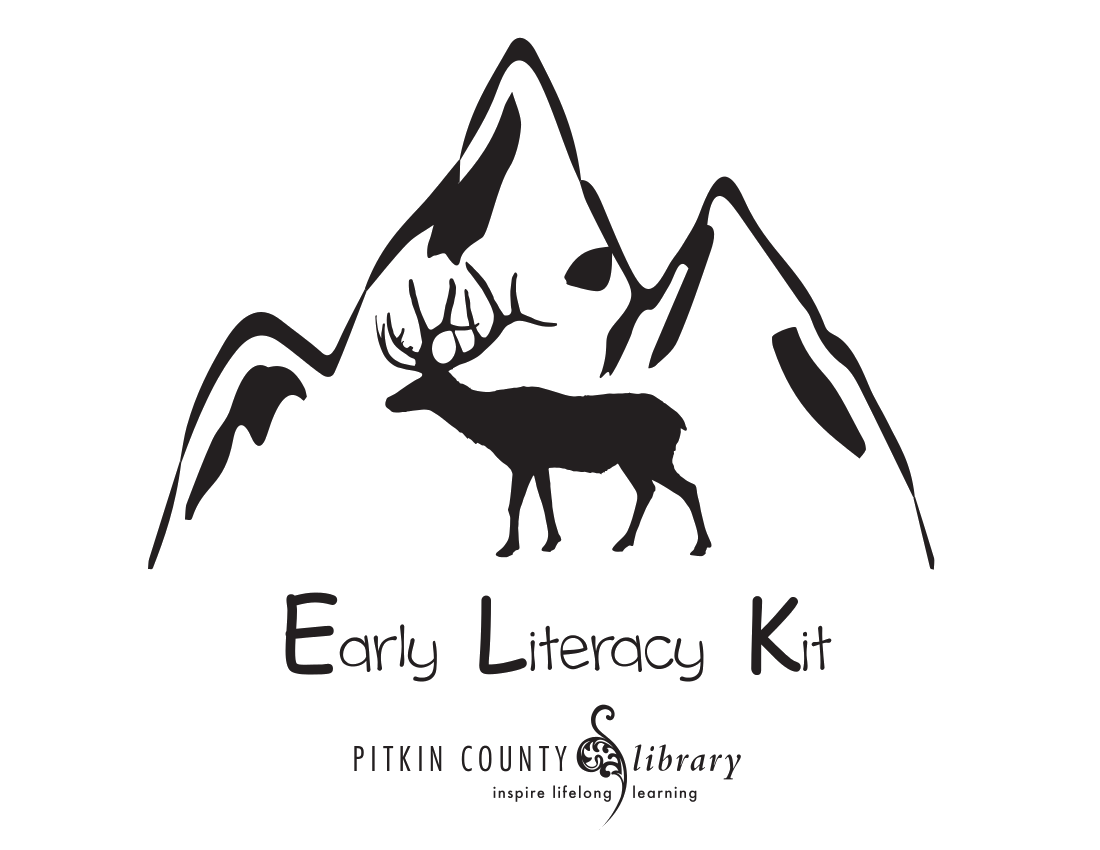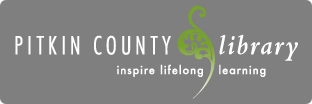
Our Early Literacy Kits contain books, a manipulative and a booklet with rhymes, songs and activities to share with your child. Some even have a CD! Each kit can check out for one week and cannot be renewed. Place a hold on any Early Literacy Kit in our catalog. You will be prompted to select a specific kit after entering your account information.
AVAILABLE ELKs
For 0-2 years
Bath time
Bedtime
Colors
Farm Animals
Nursery Rhymes
For 2+ years
Dinosaurs
Fairy Tales
Family
Friends
Gardening
Letters
Money
Numbers
Pets
Shapes
Weather
What is Early Literacy?
Early literacy is what young children know about reading and writing before they can actuallly read and write. Research shows that children get ready to read years before they start school. The brain develops faster than at any other time between the ages of 0-3. Because of this it is important to foster literacy during these early stages of life. It is never too late or too early to help your child develop language and other literacy skills.
So, have fun with your child with these five simple, adaptable activities to get your child ready to read.
Talking—Your loving and familiar voice is what your child needs to hear. Talk about the color of the sky—describe how you peel an orange—narrate putting on your shoes, and keep up the flow of words.
Singing—What a fun way to learn language! Singing slows down language, so your child can hear the different sounds that make up words.
Reading—Shared reading is the single most imortant way to get your child ready to read. It’s precious time together, but don’t worry if it lasts less than 45 seconds.
Writing—Provide your child with opportunites for scribbling and drawing to develop fine motor skills. Stories will grow out of these pictures, encouraging the child to talk about what happened at the beginning, middle and end.
Playing—Encourage unstructured play that develops imagination and language skills. Put on a funny hat or use a squeaky voice, laugh and have fun. Your child learns best by doing, and he loves doing things with you.
Remember, you are your child’s first teacher, and your home is where your child begins to learn.
